Getting quality training can be a groundbreaking chance for Afghan understudies hoping to add to their country’s advancement. Because of different worldwide grant programs, understudies from Afghanistan can seek after their scholastic dreams abroad without monetary obstructions. In this article, we’ll investigate the top 10 fully funded scholarships for International Afghan Students. It is custom-made for Afghan understudies, giving itemized experiences and application joins for every grant.
1. Fulbright Foreign Student Program:
The Fulbright Program offers completely subsidized grants for Afghan understudies to concentrate in the US. It covers educational costs, everyday costs, and travel costs. This open door advances social trade and scholarly greatness. Apply here.
2. Chevening Grants:
The UK government’s Chevening Grants empower Afghan understudies to seek postgraduate examinations in the Assembled Realm. Beneficiaries get full subsidizing for educational costs, everyday costs, and airfare. Apply here.
3. Erasmus Mundus Scholarships:
Erasmus Mundus offers grants for Afghan understudies to concentrate on in numerous European nations. These grants cover educational expenses, living expenses, and travel costs. Apply here.
4. Joint Japan/World Bank Graduate Grant Program:
This program gives open doors to Afghan understudies to seek graduate degrees being developed in related fields at chosen colleges all over the planet. The grant covers educational costs, a month-to-month living payment, and travel costs. Apply here.
5. Türkiye Scholarships:
The Turkish government’s grant program offers completely supported open doors for Afghan understudies to concentrate in Turkey. The grant incorporates educational costs, month-to-month allowance, convenience, and health care coverage. Apply here.
6. Australia Award Scholarships:
Afghan understudies can apply for completely subsidized grants to concentrate in Australia through the Australia Grants program. This grant covers educational costs, everyday costs, and airfare. Apply here.
7. Swiss Government Greatness Grants:
The Swiss government gives grants to Afghan understudies to seek research at Swiss colleges. The grant covers educational expenses, a month-to-month payment, and medical coverage. Apply here.
8. Korean Government Grant Program (KGSP):
KGSP offers Afghan understudies the chance to concentrate on South Korea. The grant covers educational costs, everyday costs, an exploration stipend, and airfare. Apply here.
9. New Zealand Grants:
The New Zealand government’s grant program upholds Afghan understudies in chasing after advanced education in New Zealand. It covers educational cost, living expenses, and travel costs. Apply here.
10. VLIR-UOS Grants:
Belgium’s VLIR-UOS grant program gives opens doors to Afghan understudies to seek after experts or preparing programs in Belgium. The grant covers educational costs, convenience, travel costs, and different costs. Apply here.
End:
These completely subsidized global grants open entryways for Afghan understudies to get quality instruction and add to the improvement of their country. Every grant offers novel advantages, going from educational cost inclusion to month-to-month payments, guaranteeing that monetary imperatives don’t impede scholarly goals. By making the most of these potential open doors, Afghan understudies can procure the abilities and information expected to have a beneficial outcome on their country and the world overall.
Faq:
Q1: Who is eligible to apply for these scholarships?
A1: Eligibility criteria vary for each scholarship, but generally, Afghan students with strong academic records and a desire to contribute to their country’s development are encouraged to apply. Requirements might include a certain level of English proficiency, academic achievements, and sometimes work experience.
Q2: Are these scholarships only for specific fields of study?
A2: No, the scholarships cover a wide range of fields, including but not limited to engineering, social sciences, natural sciences, arts, and humanities. Specific scholarship programs may have preferences for certain disciplines, so it’s important to check the requirements of each scholarship.
Q3: Do I need to have a certain level of English proficiency to apply?
A3: Many of the scholarships require a good command of English since the courses are often taught in English. You might need to provide TOEFL or IELTS scores as proof of your language proficiency. Some scholarships also offer English language courses as part of the program.
Q4: How do I apply for these scholarships?
A4: Each scholarship has its own application process. You can find detailed information and application forms on the official websites of the respective scholarship programs. The provided application links will direct you to the application portals.
Q5: Are there any age restrictions for applying?
A5: While age restrictions can vary, most scholarships target students who have completed their bachelor’s degrees and are looking to pursue postgraduate studies. Some programs may have age limits, so it’s advisable to check the eligibility criteria.
Fully funded Undergraduate Scholarships in Australia for All
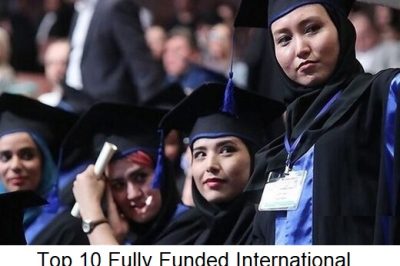
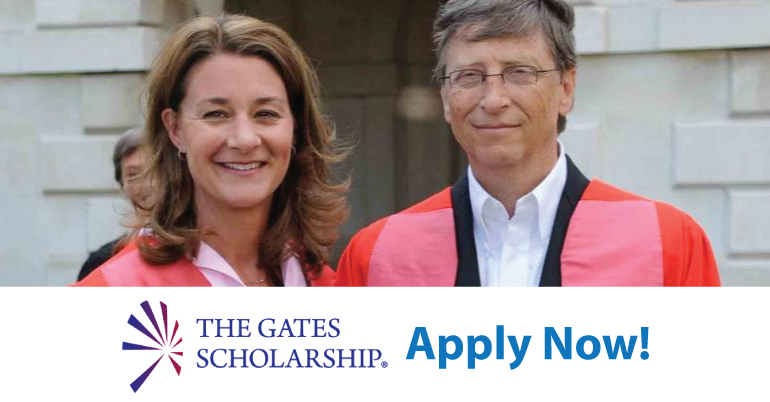
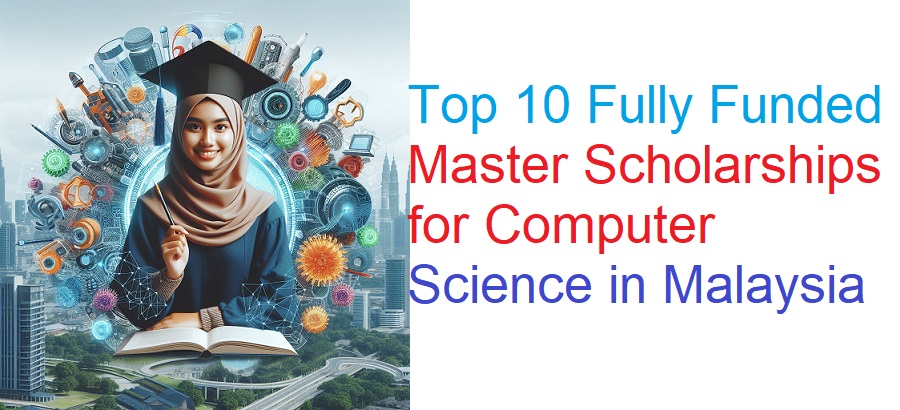

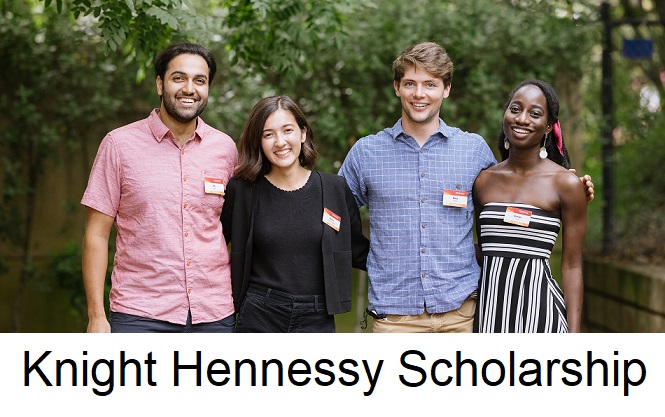
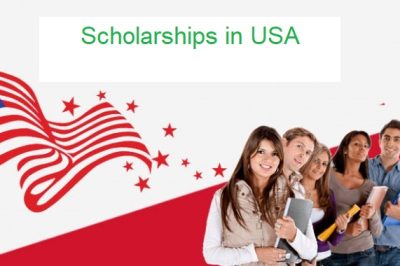
*
“`text
Dear Sir/Madam,
I hope this message finds you well.
*My name is [Sadat ullah DarwiSH] father name as Mohammad gul , and I am a high school graduate from Afghanistan. I have completed Grade 12 and hold a valid passport.* *Unfortunately, due to financial hardship, I am*
*unable to pursue higher education on my own. I* come from a family with very limited means *and currently do not have the ability to even pay for transportation, let alone university* tuition.*
*I am writing with great hope to request any* *available scholarship opportunities or financial* *aid that could help me study at your respected institution. I am passionate about continuing my education and contributing positively to society in the future.*
*I would be grateful for any opportunity to receive support. I also hold certificates from some local courses I have completed and am *ready to submit them upon request*.
*Thank you very much for your time and* *consideration.*
*Sincerely,*
We have listed scholarships list you can check.
Dear Sir/Madam,
I hope this message finds you well.
My name is Sadat ullah DarwiSH, father’s name Mohammad Gul. I am a high school graduate from Afghanistan. I have completed Grade 12 and hold a valid passport. Unfortunately, due to financial hardship, I am unable to pursue higher education on my own.
I previously submitted my application and shared my details via the provided link. I kindly request you to check the status of my application and inform me if I have been selected for the scholarship.
Thank you very much for your help and consideration.
Best regards,
Sadat ullah DarwiSH
Dear Sir or Madam,
I am writing this with a heavy heart. I am an Afghan student, still living in Afghanistan, and every day here feels like a prison. I have no future, no safety, and no peace. I have no money, no passport, and no way out. But I still dream of studying, of living in a place where I am not afraid.
I wake up each morning wondering how long I can survive like this. I have seen people lose everything — their hopes, their lives, their families. I don’t want to be next. Please… if there is any way you can help me — even a small chance — I beg you to show me the path. I will never forget your kindness.
With tears in my eyes and hope in my heart,
dont lose hope you can get opportunity from this scholarship site
Hi. dear Mr/Madam
my name is Abdullah Jan Obaidi my father name is Abdul majid I’m from Afghanistan I’m a student I graduated from school in 2024 I Wanna study in your country I have a valid passport and I don’t have money for my education I wanna study my bachelor in your country please help me
I hope you that you will help me dear
Hey all list and process is available on this site you can get help from it.
سلام محترم امید که خوب باشین من شهروند کشور افعانستان استم خواستم بگویم علاقه به بورسیه ها دارم چی رقم میتانم کامیاب شوم تاکه درس های خوده ادامه به کشور های خارج بتم چون در کشور ما مزه زندگی نی مزه درس مانده امکان داره درس های خوده پیش ببریم خارج طریقه هایش یاد بتین یاکه همکاری تانه خواهانم تشکر از لطف تان
سلام دوباره امید که خوب باشین همکاری تانه در عرصه بورسیه ها میخایم محترم تانه تحصیل خوده در کشور های خارج ادامه بتم
apply now for scholarships.